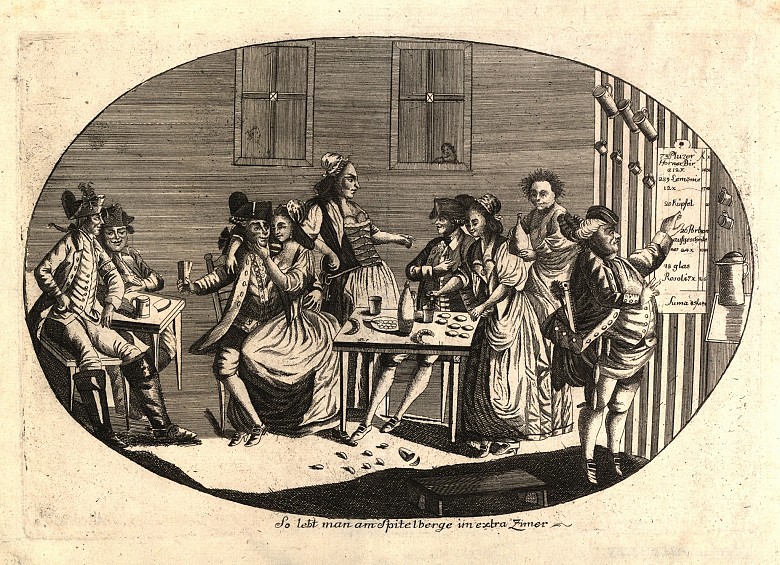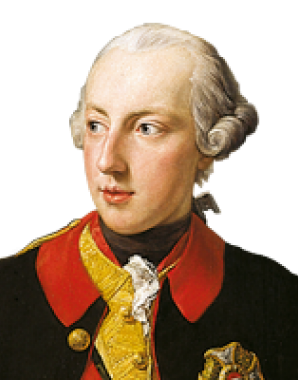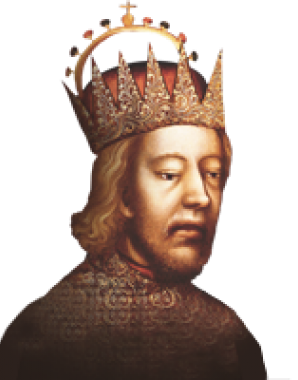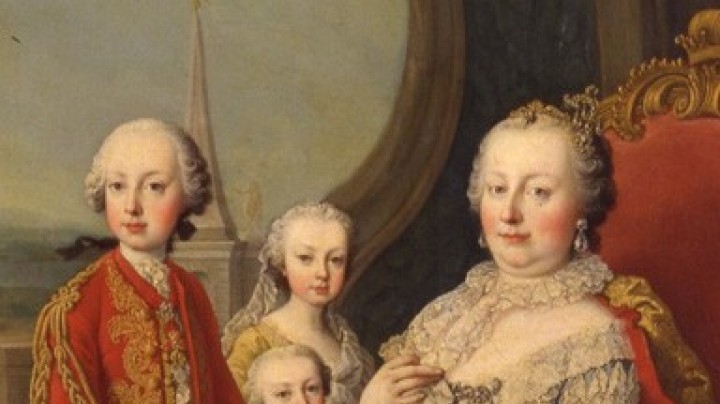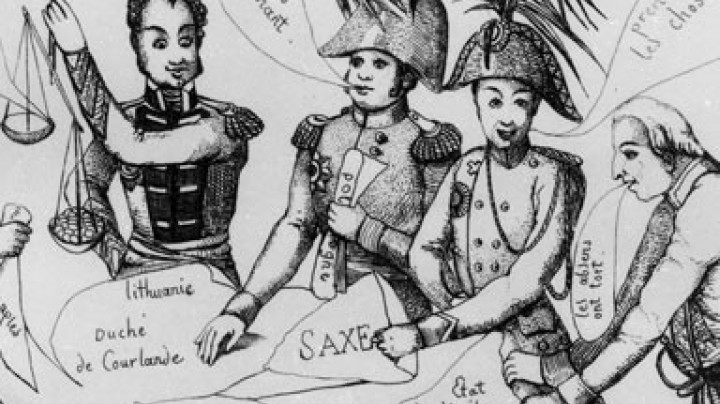Prostitution. A case for the Morality Police
Sexual diseases and sexual promiscuity - a breeding ground for syphilis – had to be dealt with by the nineteenth-century equivalent of the vice squad: the Morality Police.
After the middle of the nineteenth century it was longer the penal system but the Morality Police who were responsible for prostitution. The apparently sharp increase in prostitution, which was a danger to marriage and the family, was to be supervised, but not only on moral grounds. In addition sexually transmitted diseases such as syphilis had to be brought under control. Even restricting the number of prostitutes in Vienna was a difficult undertaking. These women were in fact supposed to register officially and thus undergo regular health checks, but at the same time informal or ‘tolerated’ prostitution flourished. The field of prostitution thus included ‘waged whores’ and ‘casual strumpets’, ‘concubines’ and ‘mistresses’. Most prostitutes came from the lower middle class and the lower class. Many of them were professional women who took up prostitution to supplement a small income or to bridge phases of unemployment. Their social predicament encouraged individual and informal streetwalking. The Morality Police tried to counter this by setting up ‘no-go areas’, for example near schools and churches, from which prostitutes were excluded. Customers of prostitutes were exempt from police supervision. The sexual desires of men, in this respect, were only discussed in public to the extent that they were expected to confine their supposedly stronger sexual drive to intercourse within marriage so as not to expose themselves to the risk of syphilis. But they had no reason to fear legal consequences. There was also a more relaxed approach to the position of ‘high-class prostitutes’ , who – thanks to the social standing of their clients – enjoyed immunity from persecution by the police.
